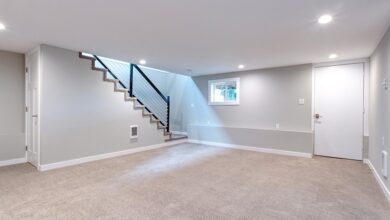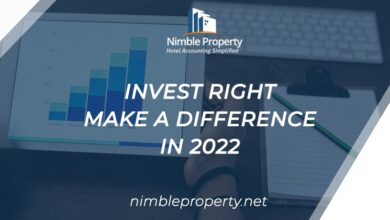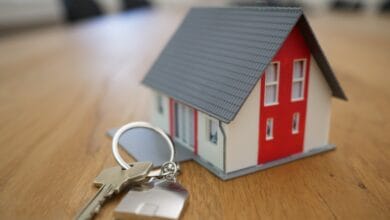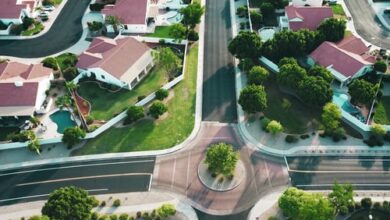How Architecture has evolved over the years
Architecture
Deprecated: preg_split(): Passing null to parameter #3 ($limit) of type int is deprecated in /home/dailwtkh/public_html/wp-content/themes/jannah/framework/functions/post-functions.php on line 863
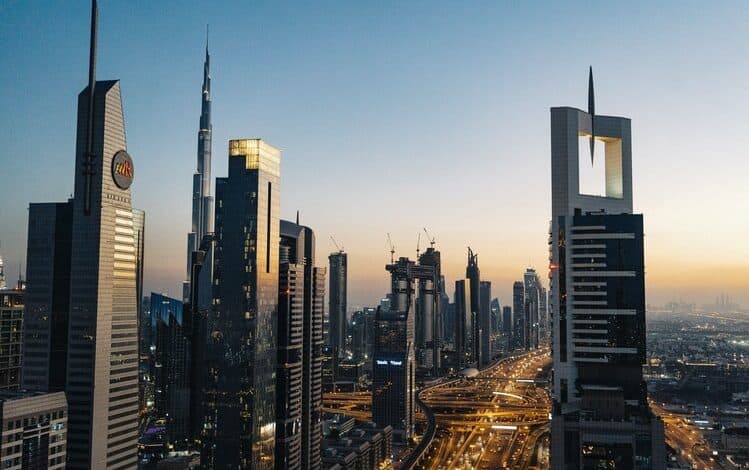
Top architect consultants Dubai, architectural company in Dubai
The evolution of architecture over the years is a critical area of examination for artists, designers, and innovators worldwide. With architecture being a fast-moving and technology-driven space, planners gain inspiration from all walks of civilisation to create stunning marvels of modern ingenuity. Designers can borrow from concepts of the past to make modern expressions more context-rich.
Architects are also leveraging automation and machine learning to create innovative works that capture. The attention of all stakeholders, including investors, developers, occupants, the local community, etc. A top architectural company in Dubai, such as Prasoon Design Studio, will leverage highly evolved design practices to weave an intriguing story while infusing life into structures through innovation.
As architecture evolves over time, we can understand the role that the domain plays within key areas such as strength, integrity, sustainability, and culture.
Early versions of archaic, nomadic, and domestic
From the traditional concepts of indigenous architectural practices to modern globalised all-integrative designs, architecture has evolved over a significant period. The Middle East Islamic architectural practices, integrating domes, minarets, mosaics, and columnar arches, inspired the modern era of skyscrapers that defy physical limitations.
As civilisations evolved towards the domestic period, a key transition from round shapes to rectangles enabled designers to form scalable and replicable structures. Additionally, local traditions, materials, and Processes. Were passed down generationally to preserve architectural practices. And sprung organically across habitations.
Evolution towards modern aesthetics and functions
The monumental period, including classical and neoclassical styles, focused on modern materials and aesthetics to extend longevity and visual dominance. Designs were aimed to express the communal beliefs and preferences of the time while maximising structure. Romanesque and Gothic periods continue to inspire modern architects seeking to aesthetically enhance their designs.
Moving towards the modern and contemporary stages, architects began experimenting with different forms, materials, and shapes. The introduction of globalisation gave way to new methods of innovative design. Traditional boundaries of lines and flow gave way to fluid design integrations. Multiple architects collaborated to form innovative structures with inherent timelessness within expressions.
Shifting towards focus on human experience
A key trend that helped evolve the architectural domain over the years is the focus on the human experience. Architects started focusing on personal, social, and communal relationships occupants had with certain spaces to introduce dynamic range within their designs.
The human experience was also at the centre of modern expressions of architecture across the Middle East, with top architectural company in Dubai based incorporating form and flow from the human perspective.
Key context cues, such as awe-inspiring, comfort, cosy, traditional.
Greater use of technology and smart materials
As architects shift their focus from requirement fulfilment to research-based models, they understand the role of smart materials.
The use of nanotechnology within skyscrapers. And indigenous materials within commercial centres, are critical evolution trends directly reducing energy consumption and improving carbon footprint. Thermo-bio-metal is another critical building material for facades and exterior cladding.
This helps weave the entire story of the project together in an intelligent melange of form and function. The context behind the right technology is emerging equally important as using. The technology itself over time.
INFORMATIVE: How to Choose a Right Business Location – 5 Factors

